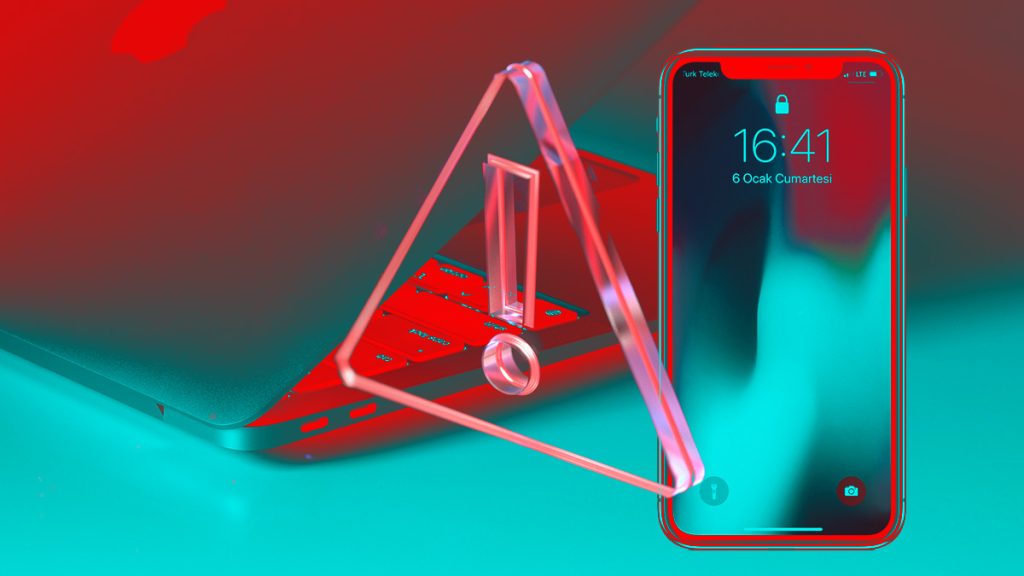
Even MacBooks and iPhones, known for their security, are not impervious to viruses and malware.
- The MacBook is only slightly more secure than Windows. Look into the third-party anti-virus software.
- The iPhone is much more secure. Just don’t illegally mess with the software.
I used to ask my friends, “Why an expensive iPhone and not an affordable Android?”, just for them to rave about their security. And truth be told, back then, it was indeed one of the most secure mobile phones, perhaps second only to the Blackberry. The latter was so secure that certain countries banned the devices back in 2010, over “security concerns” having to do with their encryption technology. But I digress. Back then, you couldn’t access your iPhone data on just any laptop. You had to have iTunes or a Macintosh. But times have changed, and no one is safe. At least not without some extra bells and whistles.
Macintosh
You are in a coffee shop, minding your business and working on your sleek and futuristic Mac, confident in your device’s security. It’s your lucky day! You found a well-reviewed app to automate your work. Once downloaded, it appears as a “.DMG” file. Nothing weird, it is the container file of macOS apps after all. So, you run it and answer the password prompt. Just for you to find out that it’s the MacStealer malware. This piece of work can get passwords, cookies, and credit card data from just about any browser. And Macintosh’s stringent protection measures couldn’t help you now. Before you know it, what was a “helpful” app escalated into the theft of personal information.
What a nightmare, right?
Any Extra Measures?
Apple takes security very seriously. It has some built-in antivirus protection, but they also recommend practicing cyber hygiene. However, the greatest favor you can do yourself and your data is installing a third-party antivirus, as Apple’s measures, while good, are not the best. XProtect, for example, does not identify as many types of potential malware as third-party antivirus software.
iOS
It’s been a tough year, but you made it through. So, you reward yourself with a brand-new iPhone. Awesome! You deserve it! What you didn’t expect was how uptight the software is. Unless the application came straight from the Apple App Store, you are not getting any. That just simply won’t do. You go on the internet and find out that an iPhone can be “jailbroken,” illegitimately unlocked. You go ahead and obtain root privileges allowing you to bypass the security restrictions. Now, you are free to roam. What you didn’t know is that you just gave malicious actors free real estate. What you also didn’t know is that viruses need an open communication line between system apps to survive. And what you just did to your reward opened up these lines, as, usually, each app runs in a separate, virtual space.
For this one, exercise cyber hygiene and DO NOT, for the love of everything that is nice in this world, jailbreak your iPhone.
Final Thoughts
Are MacBooks and iPhones more secure than other devices on the market? Yes. Are they impregnable? Absolutely not. They might be more difficult to contaminate but they aren’t immune. Actually, there isn’t a single device that is immune to malicious actors. Even the Bittium Tough Mobile 2, an ultra-secure device created for professionals with the highest security requirements is only “virtually” impossible to hack but not completely secure.
Inside Telecom provides you with an extensive list of content covering all aspects of the tech industry. Keep an eye on our Cybersecurity sections to stay informed and up-to-date with our daily articles.